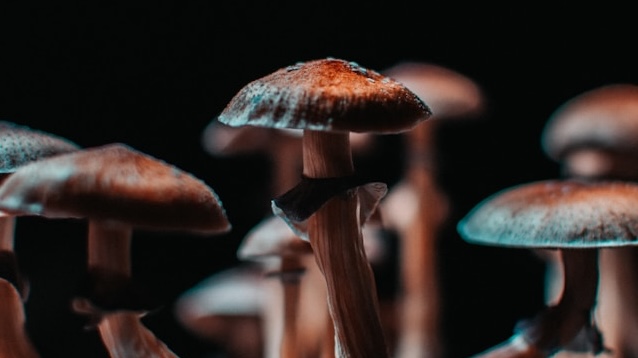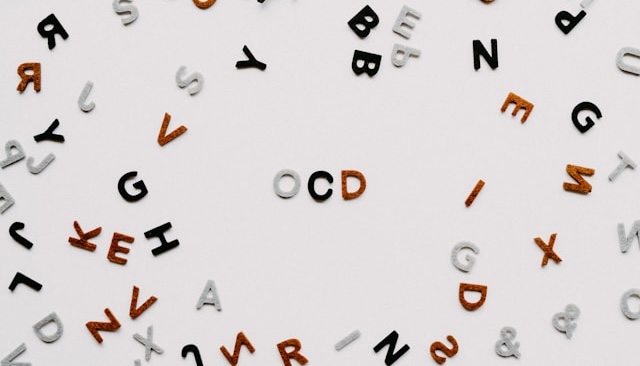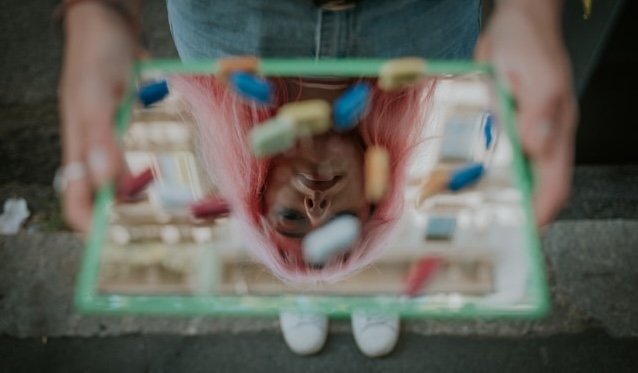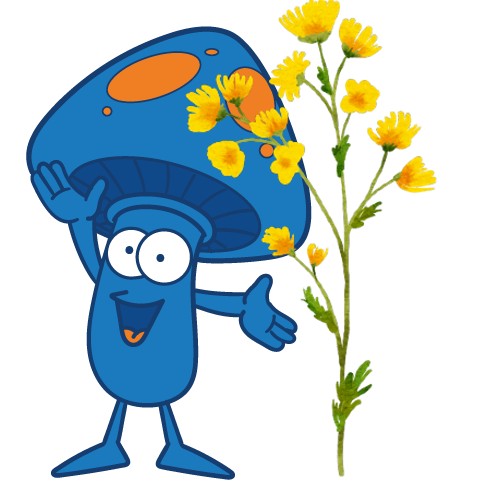Stránka štúdium, uverejnené v Molecular Psychiatry, highlights the potential of psilocybín in treating obsessive compulsive disorder (OCD) and Tourette’s Syndrome. Previous research, and anecdotal case-studies, have already revealed the promise of the psychedelic, but this research looks set to cement properly it in OCD treatment research.
Research conducted on mice showed that both synthetic psilocybin and an actual psychedelic mushroom extract (containing psilocybin) significantly reduced OCD-like behaviors as well as tic-like head-body twitches. These encouraging results highlight the path for future clinical trials, as well as offering hope for sufferers of OCD and Tourette’s Syndrome.

The Striking Potential of Psilocybin
Led by Prof. Bernard Lerer from the Department of Psychiatry at the Hadassah-Hebrew University Medical Centre, the study research provides insights into the striking benefits of psilocybin for managing symptoms similar to those experienced by people with obsessive compulsive disorder and/or Tourette’s Syndrome.
The study was based around 50 genetically modified mice that exhibited excessive anxiety and grooming habits. These are scientifically comparative to human OCD behaviors and the head-body twitches of the tics experienced by individuals with Tourette’s Syndrome.
These mice were either given a single injection of synthetic psilocybin, a psychedelic mushroom extract containing psilocybin (so what we might call ‘natural psilocybin) , or a placebo at random. Researchers observing their behavior were unaware of which treatment each mouse received. They evaluated the effects on the mice’s behavior at several points during a three week period.

The Key Findings of the Study Were:
- The mice treated with synthetic psilocybin showed a 14.60% decrease in excessive grooming.
- The mice treated with the magic mushroom extract (natural psilocybin) showed a 19.20% reduction in excessive grooming.
- Stránka placebo group showed an increase of 118.71 in excessive grooming.
- The study also observed reductions in other symptoms such as anxiety and tic-like movements. Stránka magic mushroom extract (natural psilocybin) again showed the greatest benefits.
- The positive effects from a single treatment lasted up to 7 weeks for some of the mice.
We think it is notable that once again it is prírodné psilocybín (the actual magic mushroom extract) that produces the most benefits. Synthetic psilocybin, though effective, is still not able to live up to the effects of naturally occurring magic mushrooms.
Profesor Lerer povedal;
“Understanding that over 40% of OCD patients don’t find relief with current treatments, our findings are crucial as they suggest a new way to help these individuals,”
“We look forward to advancing to human trials and further exploring how these treatments can provide long-term benefits. The effects observed on tic-like head body twitches raise the previously unreported possibility that psilocybin may be effect in patients with Tourette’s Syndrome.”
This research showcases the potential of psilocybin (natural and synthetic) in treating psychiatric conditions, and adds fuel to efforts to discover new, more effective mental health strategies. For, at the moment, although great strides have been made in OCD research the condition remains difficult to treat.

Why Alternate OCD Treatments are Needed
OCD is typically a chronic condition, especially when sufferers do not seek treatment for it (which many don’t). According to the American Psychiatric Association (APA), without treatment, remission rates are at about 20%, with other sources finding that number to be between 10%-20%. OCD does not currently have an agreed-on ‘most effective’ treatment, with SSRI antidepressants and cognitive behavioral therapy (CBT) being the most commonly assigned regimens. With SSRIs remission has been shown to increase to around 38%, however this is a modest jump, especially when we consider that a 3rd of OCD patients appear to be treatment resistant.

So, as you can see alternate treatments are desperately needed. This is why this new study is such good news for those who suffer from OCD or Tourette’s Syndrome. There is still a lot to learn about the mind, and how we can heal it holistically. Psilocybin has the promise to help us get there.





